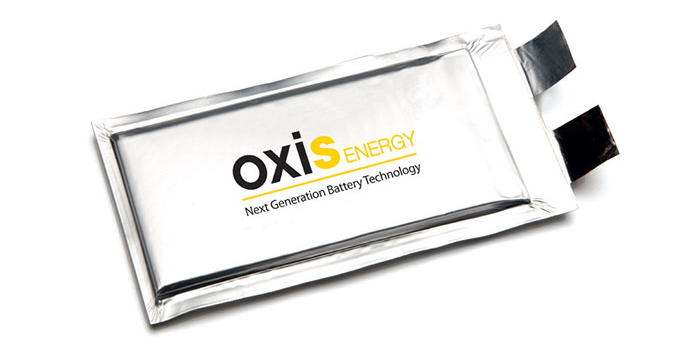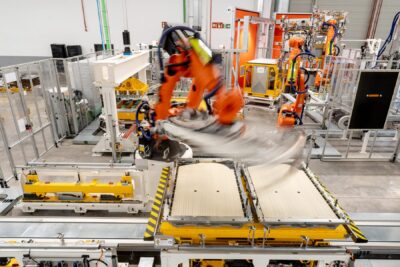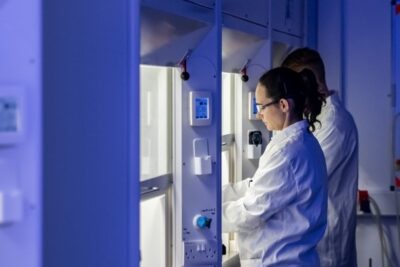€7.9M Lithium Sulfur project launches in Europe in January
The EU project LISA for the development of high-energy and safe lithium-sulfur battery cells for electric vehicles will launch on January, 1, 2019. Partners include Varta Micro Battery, Renault, Fraunhofer, TU Dresden, and Oxis Energy.
LISA stands for Lithium Sulfur for Safe Road Electrification and is coordinated by LEITAT. The European project aims to design and manufacture a lithium-sulfur technology that will enable safe electrification of EV applications over the next 43 months.
Li-Sulfur is a promising alternative to Li-ion batteries as it is free of critical raw material and non-limited in capacity and energy by material of intercalation. Still there are challenges and LISA intends to develop hybrid solid state non-flammable electrolytes validated at a 20Ah cell level. The partners hope this will solve specific Li-S technical bottlenecks on metallic lithium protection, power rate and volumetric energy density—together with cost.
Once development finishes, the technology will be delivered ready for use within the corresponding state of charge estimator facilitating battery pack integration. LISA will also incorporate process concepts enabling integration in future manufacturing lines.
Moreover, the partners says the outcome of the project in terms of new materials, components, cells, and processes will be transferable to other lithium-anode based technologies such as Li-ion and solid state battery technologies. As such, LISA has received 7.9 million euros in funding from the European Union’s Horizon 2020 research and innovation programme.
Oxis Energy will lead the Li-sulfur battery development. The British company is currently making similar experiences in the £7-million Lithium Sulfur Future Automotive Battery (LiSFAB) project, funded by Innovate UK. LiSFAB is developing a novel cell and module that is suitable for large electric vehicles such as trucks and buses and will deliver a 400 Wh/kg Li-S cell.
Moreover, Oxis Energy has also looked into aircraft and recently claimed, an improved energy density of their lithium sulfur battery cells for use in electric aircraft to 425 Wh/kg. By the end of 2019, the manufacturer intends to increase this number to 500 Wh/kg with the help of partners.





0 Comments